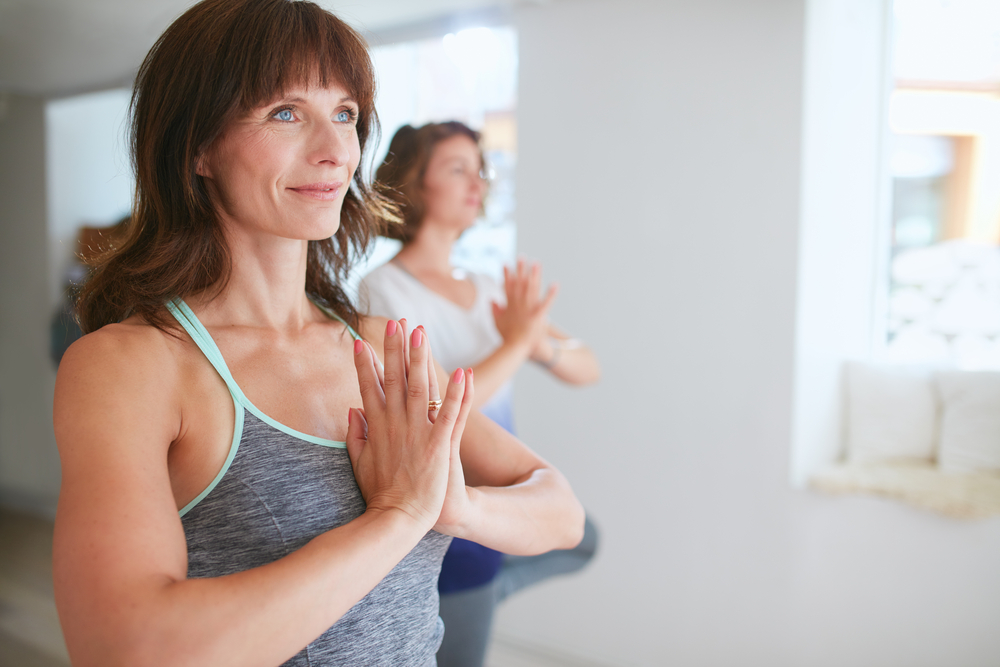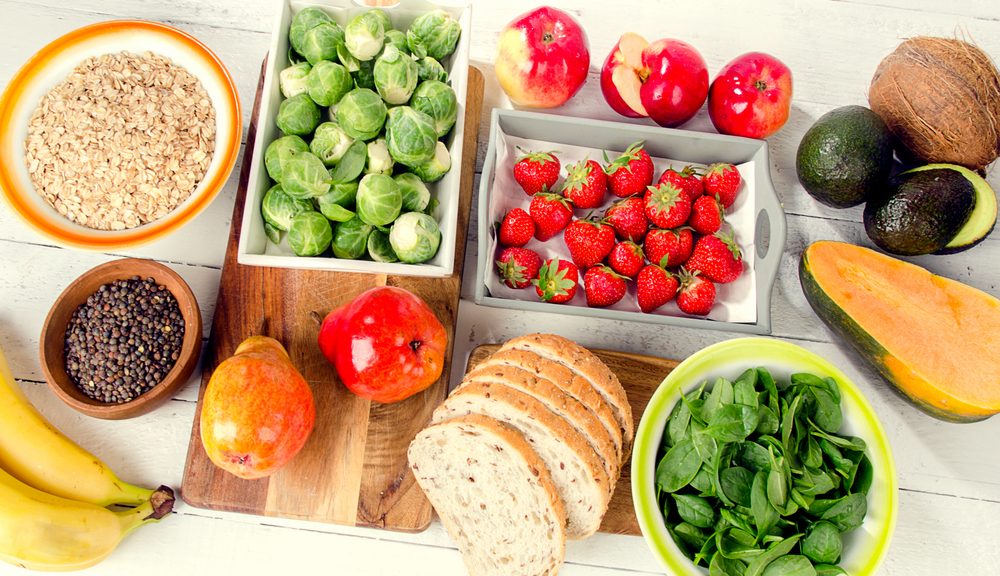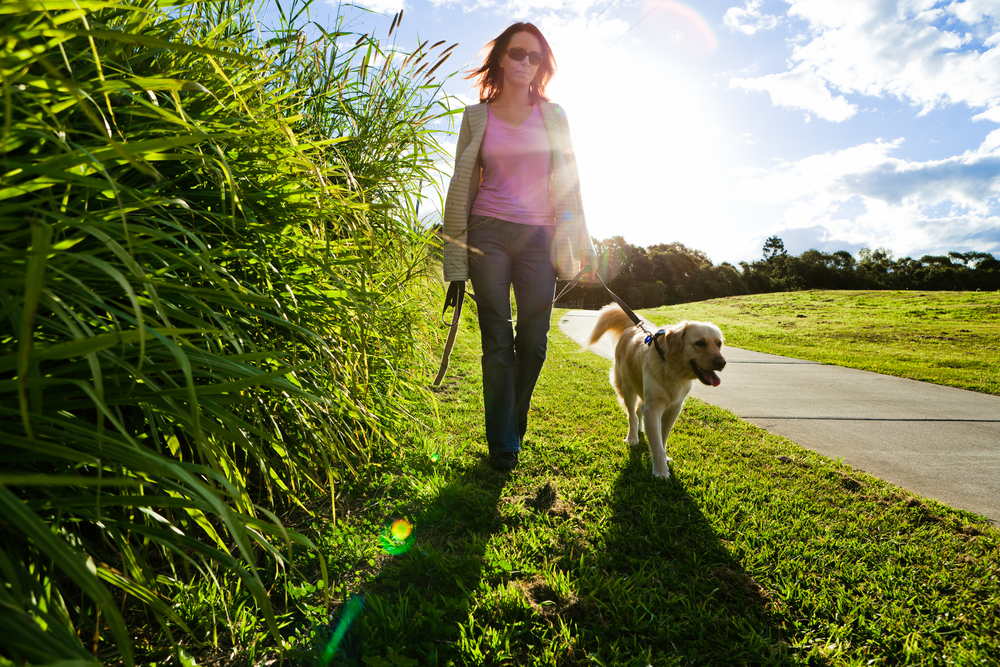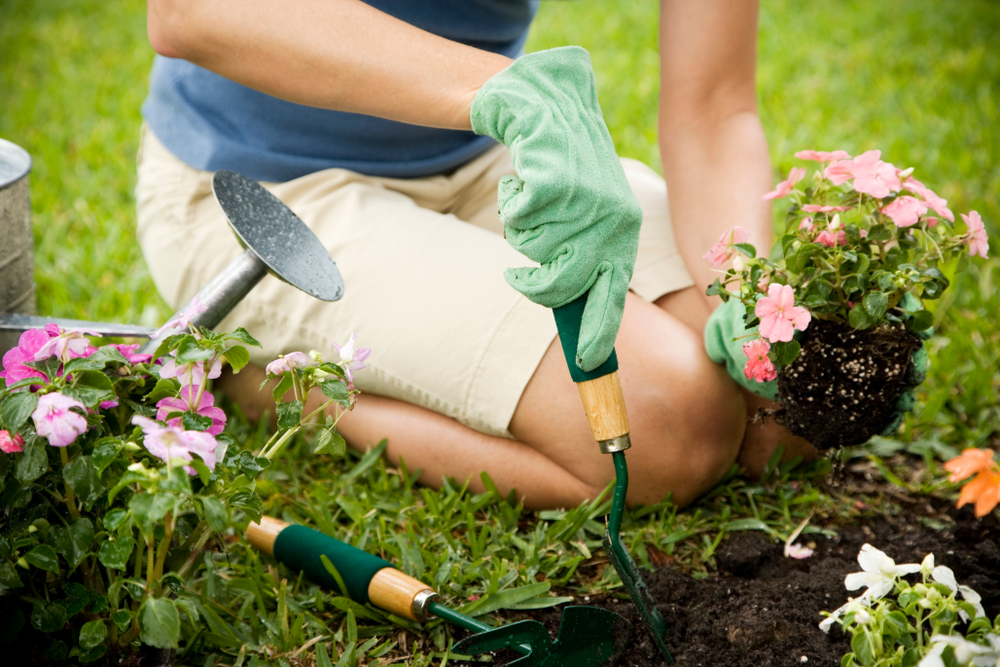As much as many of us would like to, we can’t turn back the clock, but we can all make lifestyle changes to help to manage the aging process.
Editor Jane Garton looks at lifestyle tweaks you can make to help protect your body and mind against some of the effects of aging.
Recent research from the Babraham Institute and Cambridge University last week revealed that one day it might be just possible to rejuvenate ageing cells so that our bodies and brains can start anew[1]. But until that day comes, here are some lifestyle tips that might help the ageing process.
Keep in touch

Regular contact with friends and family helps to build a sense of belonging and self-worth as the years go by. Sitting down and eating with others at least once a week is a good place to start. Maintaining strong social bonds can also make you less likely to succumb to cognitive decline.
Watch out for stress

There’s no doubt stress is one of the biggest enemies of a long healthy life. Among other things persistent stress can lead to obesity, diabetes, high blood pressure, heart problems and stroke. Making sure to create some ‘me’ time every day, prioritising your ‘to do’ list, and delegating tasks can all help to create calm.
Staying in the present and sharing any worries are beneficial too. Meanwhile the adaptogen herb ashwagandha can help restore the body’s state of balance resulting from internal stressors such as insomnia, fatigue, and anxiety.
Eat the Mediterranean way

Following a Mediterranean diet, which is rich in fruits, vegetables, nuts, olive oil, garlic and moderate amounts of fish can help to extend life by around four and a half years say the experts. A glass of red wine may also help but remember that more than two units per day increases among other things the risk of stroke.
Up your fibre

A recent study in the Journals of Gerontology reports that a high fibre diet can make all the difference to what scientists call ‘successful ageing’ so make sure that your intake reaches the recommended amount of 30g a day. Good sources include wholegrains (eg: bulgar wheat, quinoa, wholegrain rice), plenty of fruit and vegetables plus nuts and seeds.
Change your routine

Doing things differently from time to time can help to get you out of an ageing rut. For example, if you usually get up at 8am, have breakfast while listening to the news, then go for a walk, do it differently for a week. Try getting up at 7.30am, walk to the nearest café and have breakfast there instead. By changing your routine in this way you’ll expose yourself to new activities and people and keep things feeling fresh and new.
Increase your B Vitamins

Studies show that vitamin B12, vitamin B6 and folic acid can help improve cognitive function as well as boost long and short-term memory as we age. Best food sources include fish, dairy foods, green leafy vegetables and eggs.
Spend time in the garden

Recent research looked at 22 studies on the effects of gardening on health and discovered that among its many benefits it can help lower depression and anxiety and increase life satisfaction and quality of life. This in turn benefits the chances of living a long life. If you don’t have a garden, go for a daily walk somewhere green which is said to have a calming effect.
Nurture your creative side

Poetry, singing, painting and music are some areas to explore. Neurological research shows that as well as improving mood, creativity helps boost cognitive function by forming thicker and stronger new connections between brain cells.
Keep moving

US Research published last year showed that walking at least 7,000 steps a day reduced the risk of premature death in middle-aged people. Interestingly, the researchers also reported that taking 10,000 steps a day had no additional effect on the ageing process.
We should all be aiming for at least 150 minutes (30 minutes, 5 days a week) of moderate intensity activity a week (such as walking) or 75 minutes of vigorous intensity activity (such as running or aerobics). Or a combination of both! Also try to reduce time spent sitting or lying down and break up long periods of not moving with some activity.
[1] Gill et al. Multi-omic rejuvenation of human cells by maturation phase transient reprogramming, eLife, 2022
























Add comment